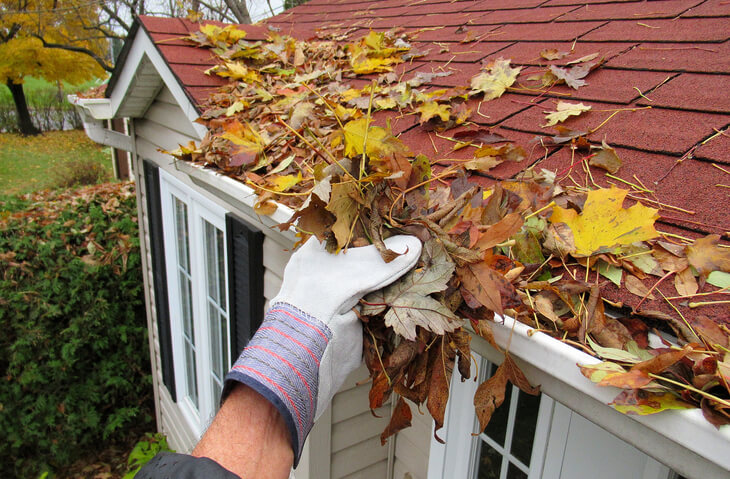Landscaping can have numerous benefits. It beautifies your property and can add to the curb appeal and resale value of your home. It also can provide great physical exercise and a connection with nature if you do it yourself.
Whether you rely on your own landscape design skills or hire a professional to implement your vision, you will want to be sure to consider the implications that your efforts – and how you maintain them—can have on your home.
Here are some tips for reducing the likelihood that you will have a home insurance claim related to landscaping on your property.
Tree Maintenance
Remove any old, dead, or rotten trees. It’s best to have these taken down professionally, and as soon as you notice them. Wind damage is one of the most frequent causes of loss and trees blowing over on houses is both common, and often preventable.

Trim those trees
It’s important to actively maintain and trim the branches of any trees that are right up against your home.
Wind can cause the branches to rub up against the house, causing damage to the paint, gutters or trim. Home insurance would not cover any damages incurred this way, as it would be considered due to wear and tear over an extended period of time.
Additionally, trees situated very close to the house can invite animal activity from squirrels, raccoons and other critters that can enter the home and cause damage and health risks.
Beware of trees that grow close to power lines: if you see branches overhanging the lines, talk to your city or town about options for having the limbs trimmed. Also be sure to note if any of the trees look dead or rotten, which may require their complete removal.
Gas and Sewer Line Protection
Know where the sewer lines run in your yard. This is especially important when planting trees, whose roots can cause pipe clogs and backups. If you move to a new home and are on a town sewer system, be sure to check where the lines run to see if there may be any potential current or future issues with tree roots and your plumbing system.

Know where the gas lines are
As with your sewer lines, you’ll want to know where the gas lines run on your property to ensure tree roots can’t puncture the lines. Your local gas company can tell you where the lines run underground.
Divert Water Away From Your Home
Run water away from the house. If you do any land alterations, be mindful that the land should always grade away from the home to prevent water intrusion through the foundation. Likewise, your downspouts should run away from the home, as well, to prevent rain water from backing up or flooding near the foundation.

Clean gutters regularly
Clogged gutters can lead to back up and cause water to enter your home. If it’s safe, you may want to check and clean your gutters several times a year, particularly in the fall in areas where trees shed their leaves. If your gutters are too high to reach safely, you may want to enlist the help of a licensed, insured company to do the work for you.
Avoid mulching too close to the foundation. Mulch can provide a lovely finishing touch for your plantings, but putting it up against the foundation can invite carpenter ants. These insects can nest in wooden clapboards or trim, and can cause significant damage if left unchecked.
Maintain Defensible Space Around Your Home
In areas prone to drought and wildfire, creating and maintaining defensible space can dramatically increase your home’s chance of surviving a wildfire and improves the safety of firefighters defending your property.
There’s nothing wrong with creating a home that’s beautiful inside and out. With proper planning and regular maintenance using the tips above, you can help ensure that your property and your home will remain attractive and claim-free for years to come.
Tip: Be sure to periodically review your homeowners policy to understand what it covers, or speak to your agent or insurance company if you have questions.

Comments
Post a Comment